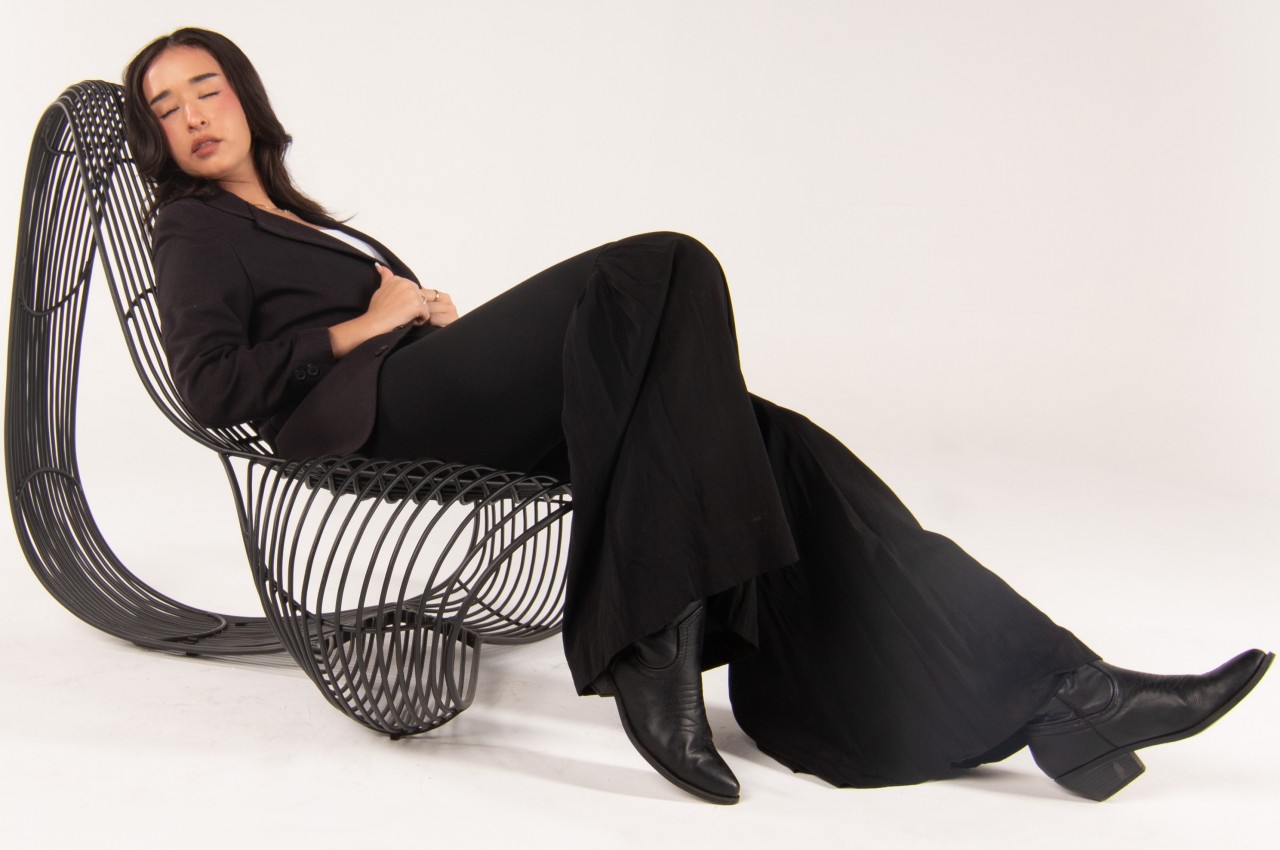
Chairs are one of those things that almost literally disappear into the background when in use, mostly because your body blocks most of it from view. Of course, there are chairs that were designed right from the start to be eye-catching and conspicuous, either because of their size or because of their design. This rather unusual chair is definitely both, with a wide body and an unconventional construction. Despite its almost alien-like appearance, this chair is actually inspired by a common Earth creature, one that happens to spend its entire life lounging on sea floors. Using modern digital techniques and more conventional fabrication processes, it demonstrates how nature can inspire not only breath-taking designs but also functional and even comfortable, though you might not exactly get that feeling just by looking at it.
Designer: Ernesto Pastore
There are many instances in nature where artistic forms develop over millennia of evolution, and one of the most common ones are the shells of bivalve mollusks. These marine lifeforms have turned their exoskeletons into something that does more than just protect their soft bodies inside. These shells have evolved to become elegant forms that have long been held in high regard for their unique contours that look like a metaphor for the undulating rhythm of the seas.
Admittedly, it’s not exactly that easy to discern the inspiration behind this Seashell Chair. Its ode to bivalves is mostly expressed in the dual curvatures that intersect to form the vertical and horizontal axes of the chair. The distinctive ribbed forms of a seashell are also represented in a nontrivial manner as a collection of bent steel rods that make the chair look more like a wireframe than a finished piece of furniture.
The manner of the chair’s production is also a bit unusual, at least as far as seating furniture goes. Its form is actually a product of computational design tools and algorithms rather than a direct plan from the designer’s hands. The result is a unique assembly of outlines that was then 3D printed first to serve as a guide for craftsmen. Transitioning from digital to traditional, steel rods are then carefully bent and welded to produce the final form of the chair. The regular variants are then powder-coated in black, white, or silver, but a stainless steel version uses a satin finish to make it more suitable for outdoor use.
This chair definitely stretches one’s imagination on how it relates to seashells, but both man-made and natural objects carry a certain organic elegance that binds them together. Despite the way it looks, the intersecting outlines actually provide stability and comfort, making the chair an excellent attention-grabbing choice for both indoor and outdoor spaces.